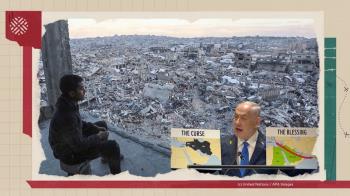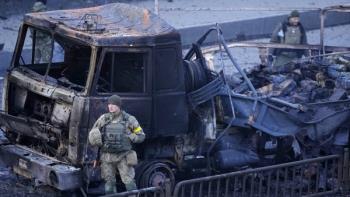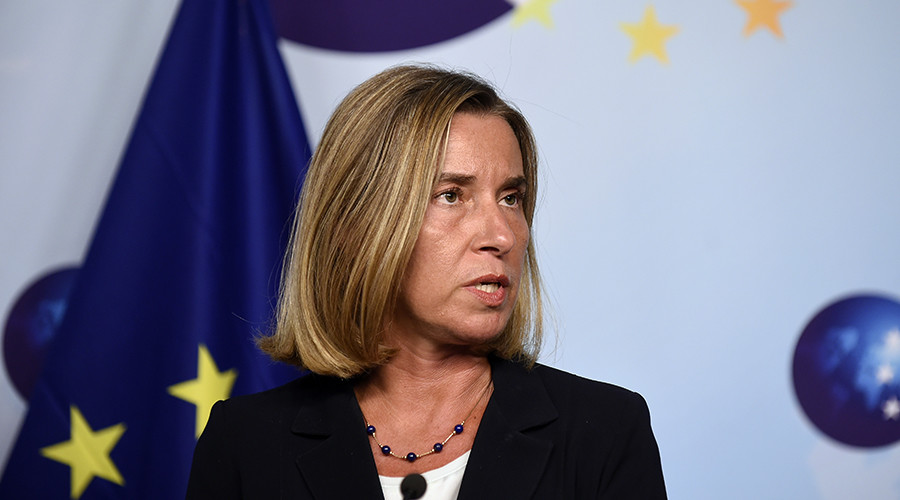Alwaght- The 2015 Iran nuclear deal is not a “bilateral agreement,” and it cannot be terminated by any single country, EU Foreign Policy Chief Federica Mogherini said in response to Donald Trump’s announcement that he is not re-certifying the deal.
Mogherini said no one country could terminate the deal, to which Britain, France, Germany, Russia, China and the European Union all signed on. Instead, she called for a "collective process" to preserve the historic accord.
"We cannot afford as the international community to dismantle a nuclear agreement that is working," Mogherini told reporters. "This deal is not a bilateral agreement ... The international community, and the European Union with it, has clearly indicated that the deal is, and will, continue to be in place."
Trump said on Friday that he "cannot and will not" certify Iran's compliance with the agreement, and threatened to terminate it completely if Congress could not come up with a better deal Trump announced that he is deferring the matter to the US Congress, so that it could amend the agreement and “strengthen its enforcement.”
He once again claimed that Tehran committed “multiple violations” of the deal, despite the IAEA’s confirmation of Iran’s compliance.
The US also imposed a fresh set of sanctions against the Islamic Republic, unrelated to its nuclear program.
Russia's foreign minister joined Mogherini in calling for all sides to stick to the deal, according to Russian state media. But Saudi and Israeli regimes both celebrated Trump's announcement.
The deal, agreed between Iran and the six permanent members of the United Nations Security Council -- the United States, France, Britain, China and Russia – plus Germany, known as known as the Joint Comprehensive Plan of Action (JCPOA), lifts economic sanctions imposed in 2005 in exchange for curbs to Tehran's nuclear program. It was later endorsed by UN Security Council Resolution 2231.
Trump previously called the deal an “embarrassment” to the US and by his refusal to certify the agreement, the US Congress will have 60 days to decide whether to restore the anti-Iran sanctions Washington had agreed to waive.



























